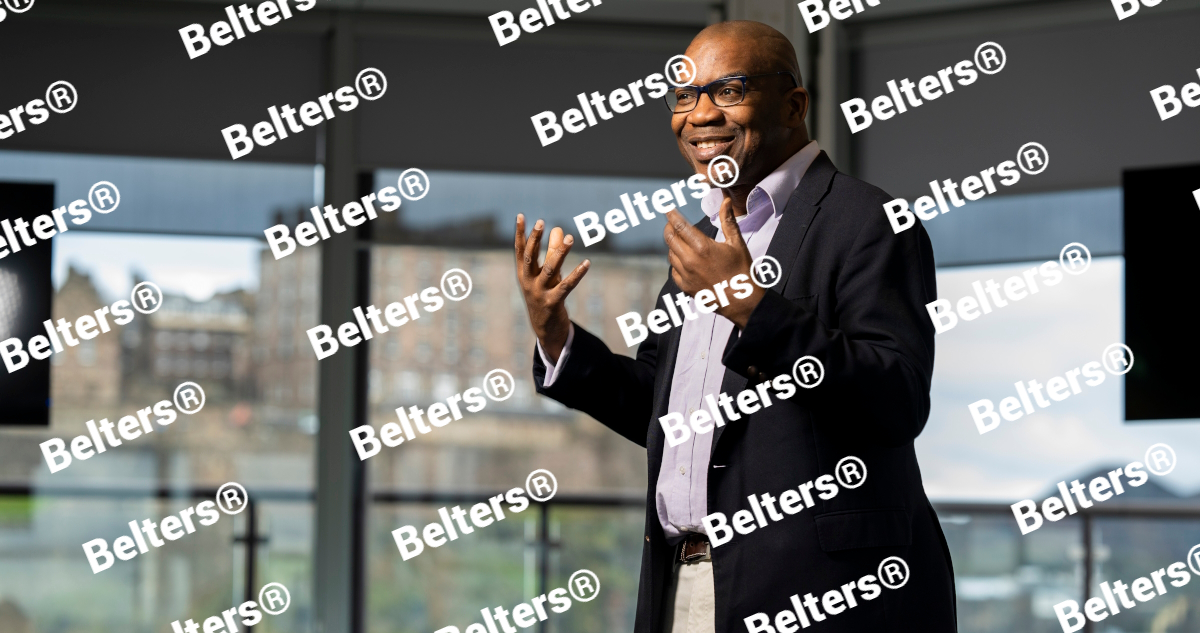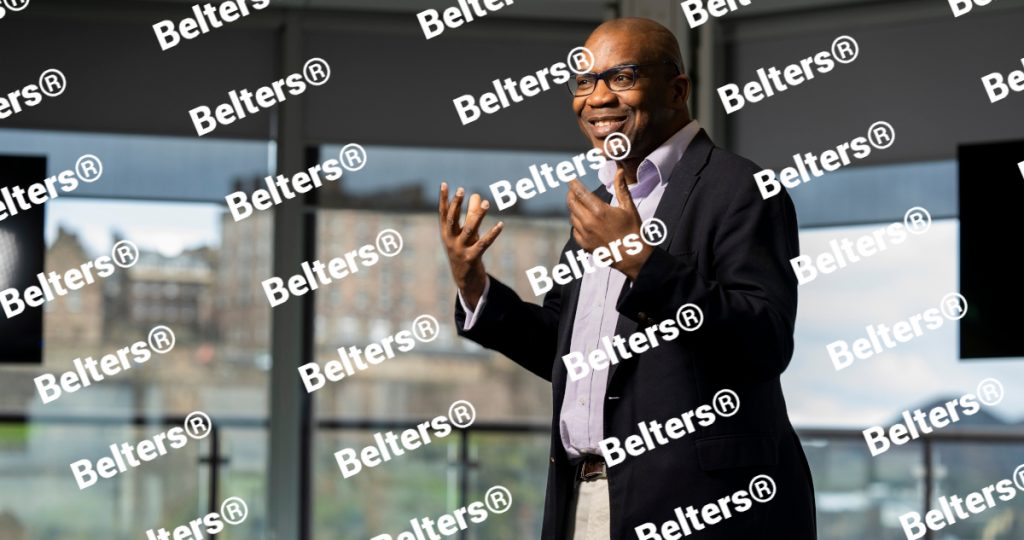British Firms Wasting Millions on ‘Futile’ Racial Bias Training

Copyright Belters® News
British companies are “wasting” millions of pounds each year on “futile” programmes to eradicate racial bias that will never help black and ethnic minority employees break through the glass ceiling, a leading thinktank has claimed.
Racial bias in the British workplace cannot be eradicated because humans are hardwired to be biased, according to workplace bias and diversity, equity, and inclusion consultancy DiverseCity Think Tank.
Prevention or ‘eye-opener’ strategies designed to teach white leaders and staff to be aware of and check their own prejudices before interacting with, and making decisions that affect, minority colleagues are therefore “doomed to failure” from the outset, they say.
White leaders will frequently default to unconscious prejudicial opinions towards Black staff when making career progression decisions that affect them.
And because this prejudice is unconscious, no amount of education can ever fully prevent it from reoccurring.
Equality, diversity and inclusion (EDI) and unconscious bias training (UBT) is big business, with an estimated $8billion (£6billion) spent by companies per year in the US alone.
But the vast majority of such schemes and strategies are unconsciously built around the idea that a prejudicial mindset can be effectively eradicated.
DiverseCity Think Tank founder Buki Mosaku – whose consultancy provides bias navigation training to national and multinational corporate giants including JP Morgan, Sky TV, RSA, and Aon – says, however, that this “flies in the face” of the real world.
He points to a growing body of neuroscientific research which shows that the human brain is predisposed to prejudice, with this trait being common to all races.
The instinctive ‘Us vs Them’ mentality is at the core of the problem.
A study by the University of Iowa in 2016, for instance, found that Caucasians tend to perceive black people to be more violent and likely to cause harm just because of their skin colour and how they are negatively depicted in popular culture.
Mosaku, whose new book I Don’t Understand”: Navigating Unconscious Bias in the Workplace has just hit the shelves to coincide with Black History Month, says that the lack of black and ethnic staff on the boards of Britain’s biggest companies only underlines the failure of traditional approaches to tackling prejudice.
He said: “British companies are wasting millions of pounds each year on EDI and UBT training that is well intentioned but inherently flawed.
“Most such schemes are focused, consciously or unconsciously, on bias eradication, when science has shown that you can’t eradicate bias because it’s hardwired into all of us as part of the human condition.
“The problem with these strategies is that unconscious bias can be so deep and multifaceted that it’s impossible for the unconscious perpetrator to remain aware of it with enough frequency and regularity to eradicate it.
“Of course, we must all continue the hard work of dismantling the prejudice in the workplace that keeps black and ethnic minority employees from breaking the glass ceiling.
“But decades of bias training in companies focused on eradicating prejudice has, at best, made extremely slow progress and, more honestly, got us nowhere and made things worse.
“The fact that the FTSE 100, which comprises the UK’s 100 largest companies, currently has no black chairs, CEOs, or CFOs within any of the organisations is very telling.
“Barring a few exceptions to the rule, nothing meaningful or lasting will be achieved to level the playing field for black and ethnic minority staff while we concentrate on trying to prevent something which is inevitable and exclude black people from the resolution model.”
It is reckoned that more than eight out of 10 British companies now have some form of unconscious bias training in place.
Despite this, however, multiple studies into workplace bias prevention training have consistently found it has no impact on tackling prejudice.
A 2020 report by the UK Government Equalities Office into unconscious bias and diversity training stated that “there is currently no evidence that this training changes behaviour in the long term or improves workplace equality.”
Mosaku, who founded DiverseCity Think Tank in 2018, says that the only effective solution to tackling career-stifling bias, which in turn contributes to underrepresentation of black minorities in senior roles, is to call-out racial bias “in the moment”.
Rather than trying to prevent racial bias ever occurring, the key is for white and ethnic minority staff to navigate its inevitability together and challenge it as and when it occurs.
Mosaku, who has provided bias navigation and effective communication training to more than 40,000 employees around the world, teaches white and ethnic minority professionals to handle bias through his own IDU? Methodology.
Based on asking the simple question, “I don’t understand?”, the IDU? Methodology is designed to enable staff to discover if unconscious bias is or isn’t a factor in career-related decisions.
The IDU? Methodology also differs from traditional training in that it recognises that prejudice is not always a ‘one-way street’ but can be multi-directional, with black and ethnic minority employees sometimes being unconsciously biased against white bosses and colleagues.
He added: “The only effective way of dealing with sensed racial bias is to call it out then and there, asking the non-confrontational question ‘I don’t understand?’ to get to the bottom of the perceived prejudice.
“And unlike the majority of resolution strategies, which are one directional, the IDU?
Methodology recognises that unconscious bias can work both ways.
“It’s a real-world solution that engages all staff at all levels and empowers ethnic staff in the resolution of any unconscious bias, clearing the air and bringing them together on the issue.”


Comments are closed.